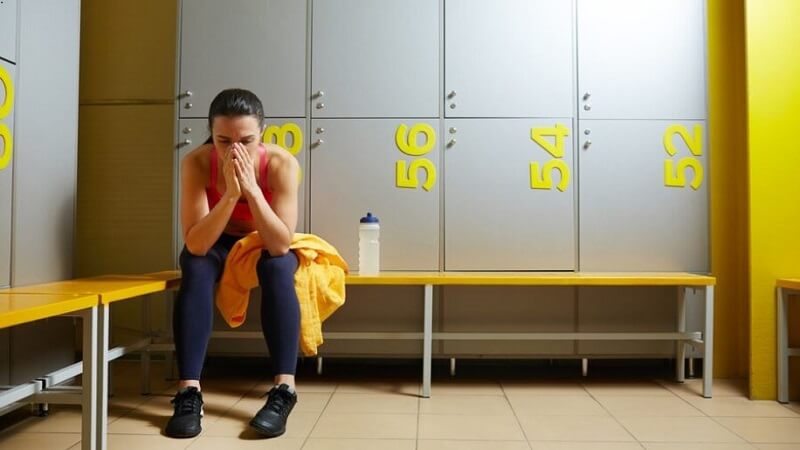Well, you’re in luck! I’ve been on a mission to demystify these steel-clad guardians of our most precious possessions. After chatting with bankers about safety deposit box in melbourne, scouring the internet, and maybe watching one too many spy films, I’ve got the inside scoop on the most burning questions about safety deposit boxes. So, grab your favorite beverage, get comfy, and let’s dive into the top three head-scratchers that have been keeping you up at night. Who knows? By the end of this, you might just find yourself racing to the bank faster than you can say “Open sesame!”
1. What Can I Actually Store in a Safety Deposit Box?
Ah, the million-dollar question! (Though I wouldn’t recommend storing a million dollars in there, just saying.) The short answer? A lot! But let’s break it down a bit.
First off, think important documents. We’re talking birth certificates, marriage licenses, property deeds – you know, all those boring-but-essential papers that always seem to go missing when you need them most. It’s like giving your documents their own personal bodyguard.
Jewelry is another popular item. Got a family heirloom that you’re terrified of losing? Pop it in the box! It’s like a time-out for your treasures, keeping them safe from sticky-fingered burglars or that one relative who always “borrows” things.
Digital backups are also fair game. External hard drives, USB sticks, even those ancient floppy disks (no judgment here!) can find a cozy home in your box. Think of it as a bunker for your bytes.
But here’s the kicker – there are some things you should definitely NOT store. Cash is a no-no (it’s not insured in there), as are anything illegal (duh), perishable (unless you want a very smelly surprise later), or anything you might need in an emergency. Your passport, for instance, should probably stay closer to home. After all, you never know when a spontaneous trip to Bali might come up!
2. How Safe Are Safety Deposit Boxes, Really?
Spoiler alert: They’re pretty darn safe. But don’t just take my word for it!
First off, we’re talking bank-level security here. These boxes are typically housed in a vault that would make Fort Knox jealous. We’re talking thick steel doors, complex lock systems, and sometimes even biometric scanners. It’s like your valuables are joining some super-secret spy organization.
Then there’s the human element. Banks have strict protocols about who can access the vault area. You’ll need to sign in, show ID, and sometimes even get escorted by a bank employee. It’s not quite the red-carpet treatment, but it’s close!
But here’s the real kicker – safety deposit boxes are often more secure than your home safe. Why? Because banks have something your house doesn’t: 24/7 security systems, cameras, and often armed guards. Unless you’re living in a literal fortress, your home safe just can’t compete.
That said, it’s worth noting that the contents of safety deposit boxes aren’t typically insured by the bank or FDIC. So for extra peace of mind, you might want to check with your insurance provider about additional coverage. Better safe than sorry, right?
3. How Much Does Renting a Safety Deposit Box Cost?
Now we’re talking my language! As a certified bargain hunter, I’m all about getting the best bang for my buck. And here’s some good news – safety deposit boxes are often more affordable than you might think.
The cost can vary widely depending on the size of the box and the bank you choose. On average, you’re looking at anywhere from $20 to $200 per year. That’s right, potentially less than your monthly coffee budget! (No judgment on the coffee, by the way. A person’s got to have priorities.)
Smaller boxes, perfect for documents and a few small valuables, tend to be on the lower end of that range. Larger boxes, big enough for bulkier items or extensive collections, will cost more. It’s like real estate – location and square footage matter!
Here’s a pro tip: Check with your bank about any discounts. Some offer reduced rates for existing customers or for setting up automatic payments. It never hurts to ask!
And remember, when you’re weighing the cost, think about what you’re protecting. That $50 annual fee doesn’t seem so bad when you’re safeguarding irreplaceable family heirlooms or crucial documents, does it?
So there you have it – the inside scoop on safety deposit boxes. They’re not just for movie villains or millionaires. They’re for anyone who wants to sleep a little easier knowing their precious items are safe and sound. Now, if you’ll excuse me, I’ve got a date with my local bank. These embarrassing high school photos aren’t going to hide themselves!
